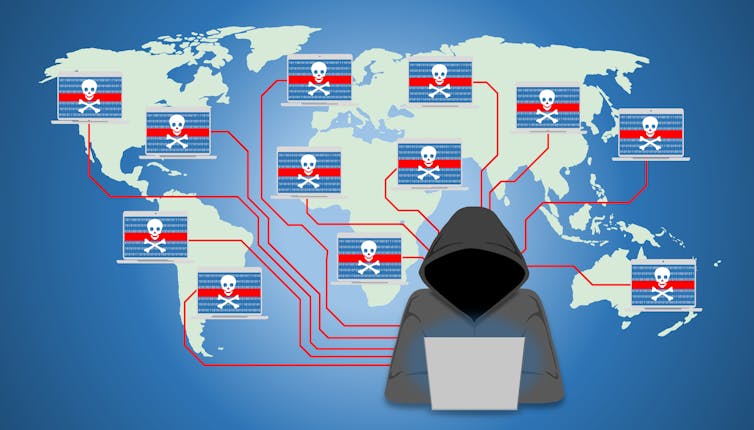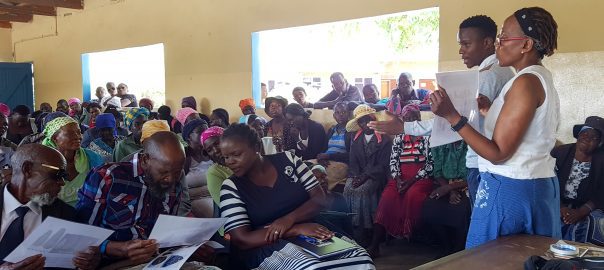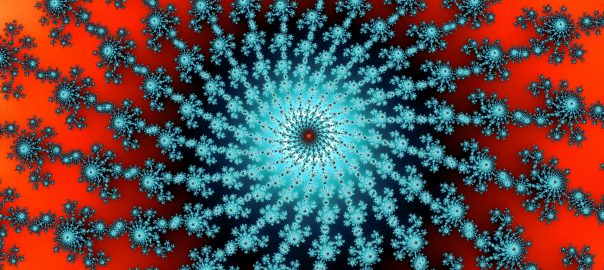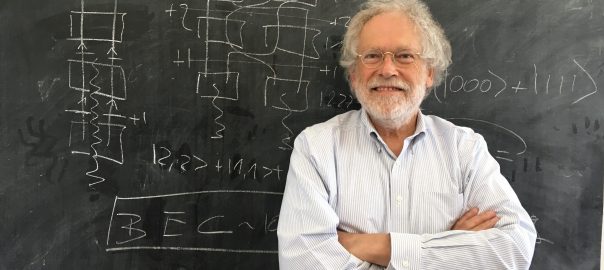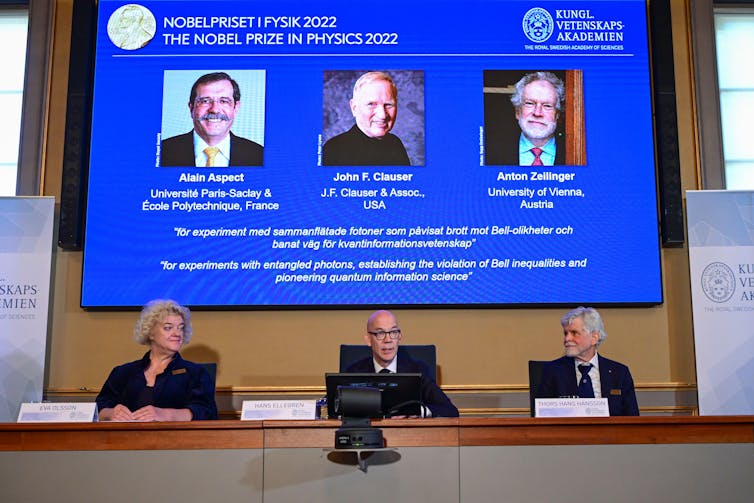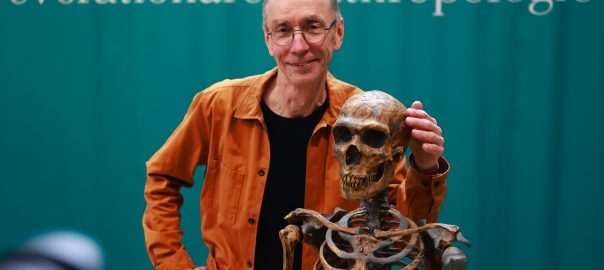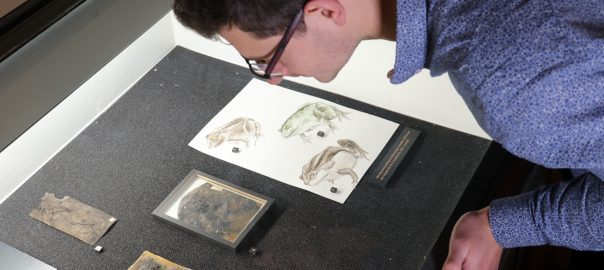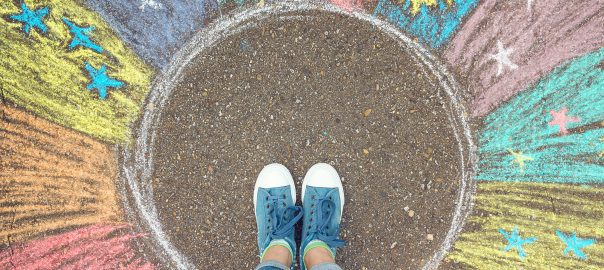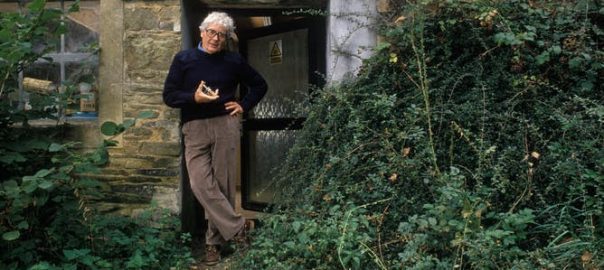Valerie van Mulukom, Coventry University
You’re sitting on the plane, staring out of the window at the clouds and all of a sudden, you think back to how a few months ago, you had a heart-to-heart with a good colleague about the pressure you experience at work. How do thoughts seemingly completely unrelated to the present pop into our heads? Why do we remember certain things and not others? Why does our mind go off on tangents and why do we have daydreams?



